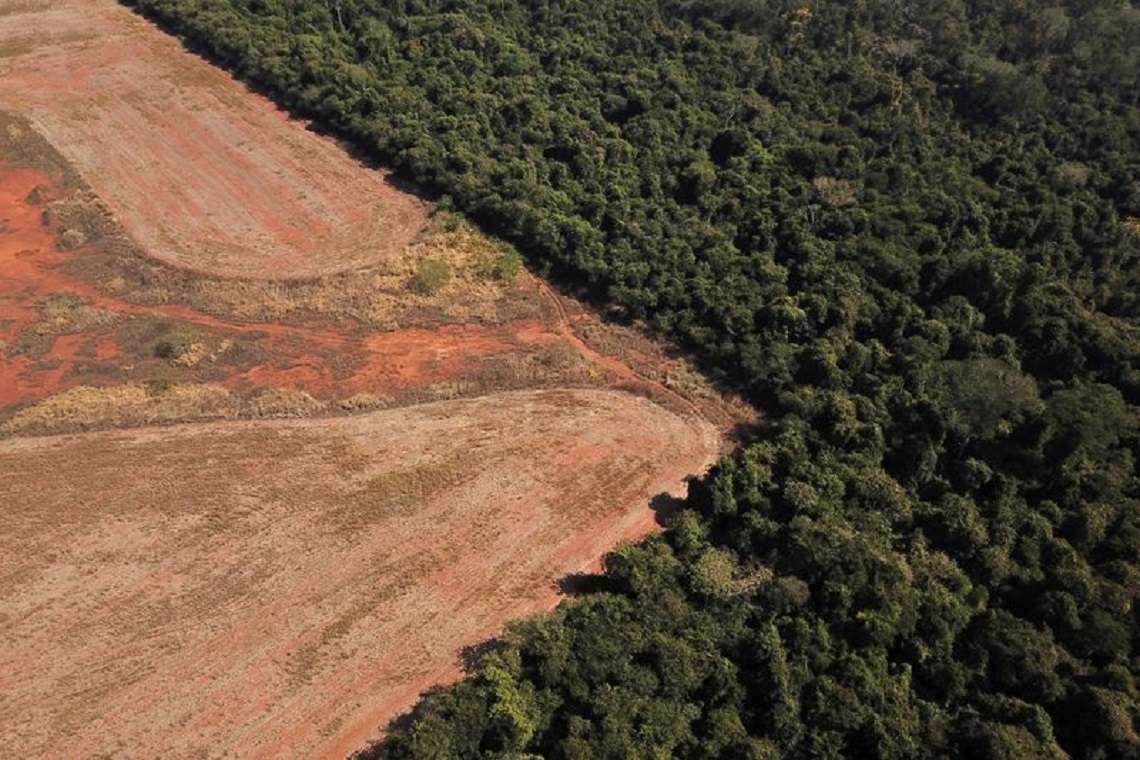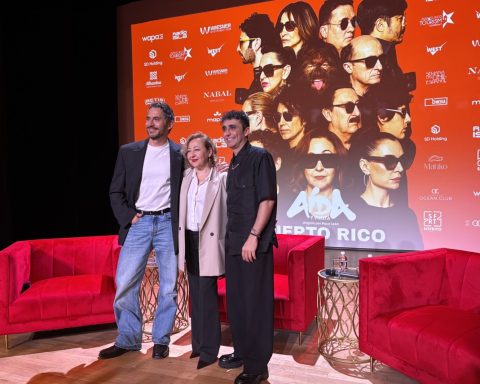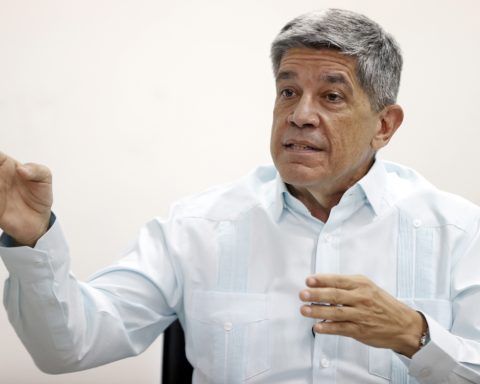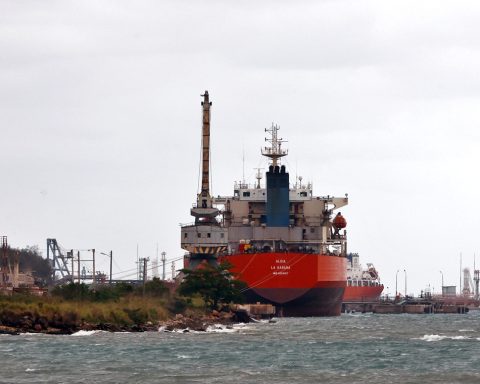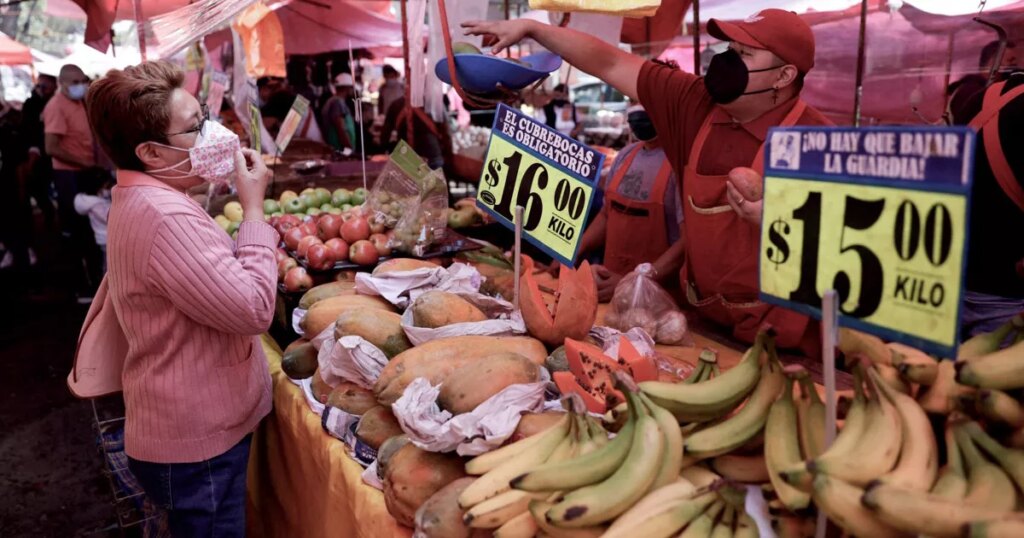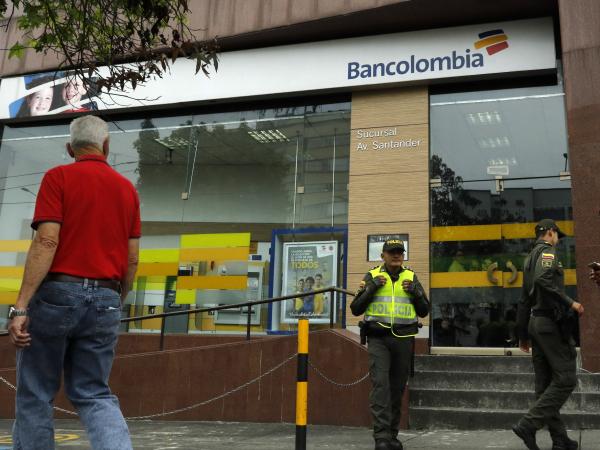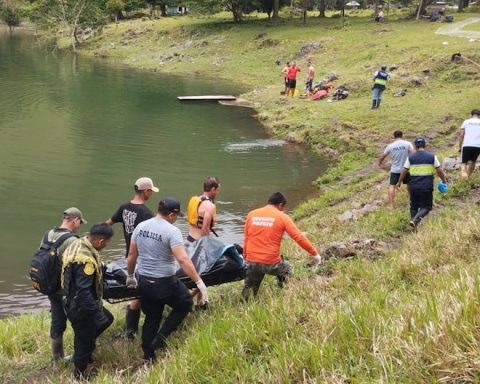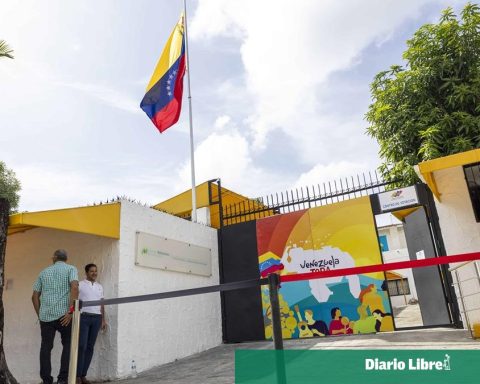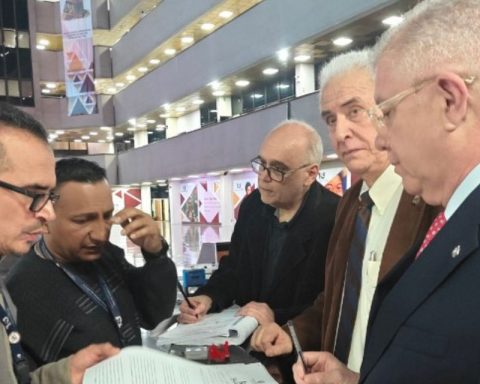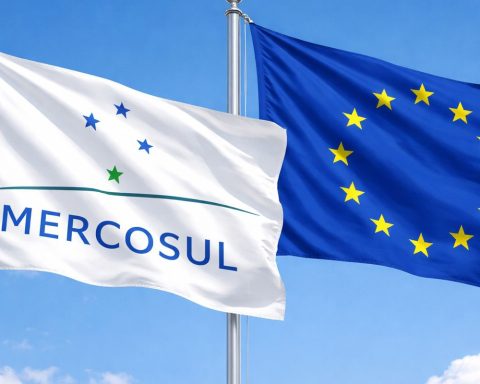The European Union (EU) sealed an agreement on Tuesday to prohibit the importation of products that have contributed to the deforestationa measure that transcends on the eve of COP15 to be held in Canada.
The text concerns products such as cocoa, coffee or soybeans, palm oil, wood, beef and rubber, as well as various derivatives such as leather, chocolate, furniture, paper and charcoal. , according to the agreement reached after lengthy negotiations between the European Parliament and the EU Member States.
Last night we reached a historic agreement on the world first law to end imported #deforestation. This is the culmination of 3 years of intense work in the ?? Parliament. What will this law concretely change? My analysis here https://t.co/1K2Cehx3Yf #GreenDeal
— Pascal Canfin (@pcanfin) December 6, 2022
The import of products into the EU will be prohibited if they come from land deforested after December 2020. Importing companies, responsible for their supply chain, must prove traceability through geolocation data of the crops, through satellite photos.
“This is a world first! It’s the coffee for breakfast, the chocolate we eat, the charcoal from roasts, the paper in our books. It’s radical,” said Pascal Canfin, president of the European Parliament’s Environment Committee, quoted by the agency AFP.
Biodiversity COP15 will be held in Montreal from December 7 to 19.
The EU is responsible for 16% of global deforestation through its imports (mainly soy and palm oil, according to 2017 figures), and is the second largest destroyer of tropical forests behind China, according to the NGO Fondo World Wildlife Fund (WWF).
The European Parliament also called for extending the scope of the regulation to other threatened ecosystems, such as the Cerrado savannah (Brazil, Paraguay, Bolivia), where a large part of the EU’s soybean imports come from. The agreement stipulates that the extension of the scope of application will have to be considered at the latest one year after the text enters into force.
Likewise, the Commission must study a possible extension to other products after two years, such as corn; to other ecosystems rich in carbon storage and biodiversity, such as peatlands, and also to the financial sector, another claim by Parliament.
The EU could also consider forcing financial institutions to refuse services or credits if they are associated with deforestation activities. According to a Global Witness report, between 2016 and 2020, EU-based banks provided some €30 billion in financing to twenty agri-food industry giants responsible for deforestation.
This text was proposed in November 2021 by the European Commission and accepted in general terms by the Member States, but MEPs voted in September to reinforce it with the expansion of affected products, by including rubber.
With information from Afp and Efe.
